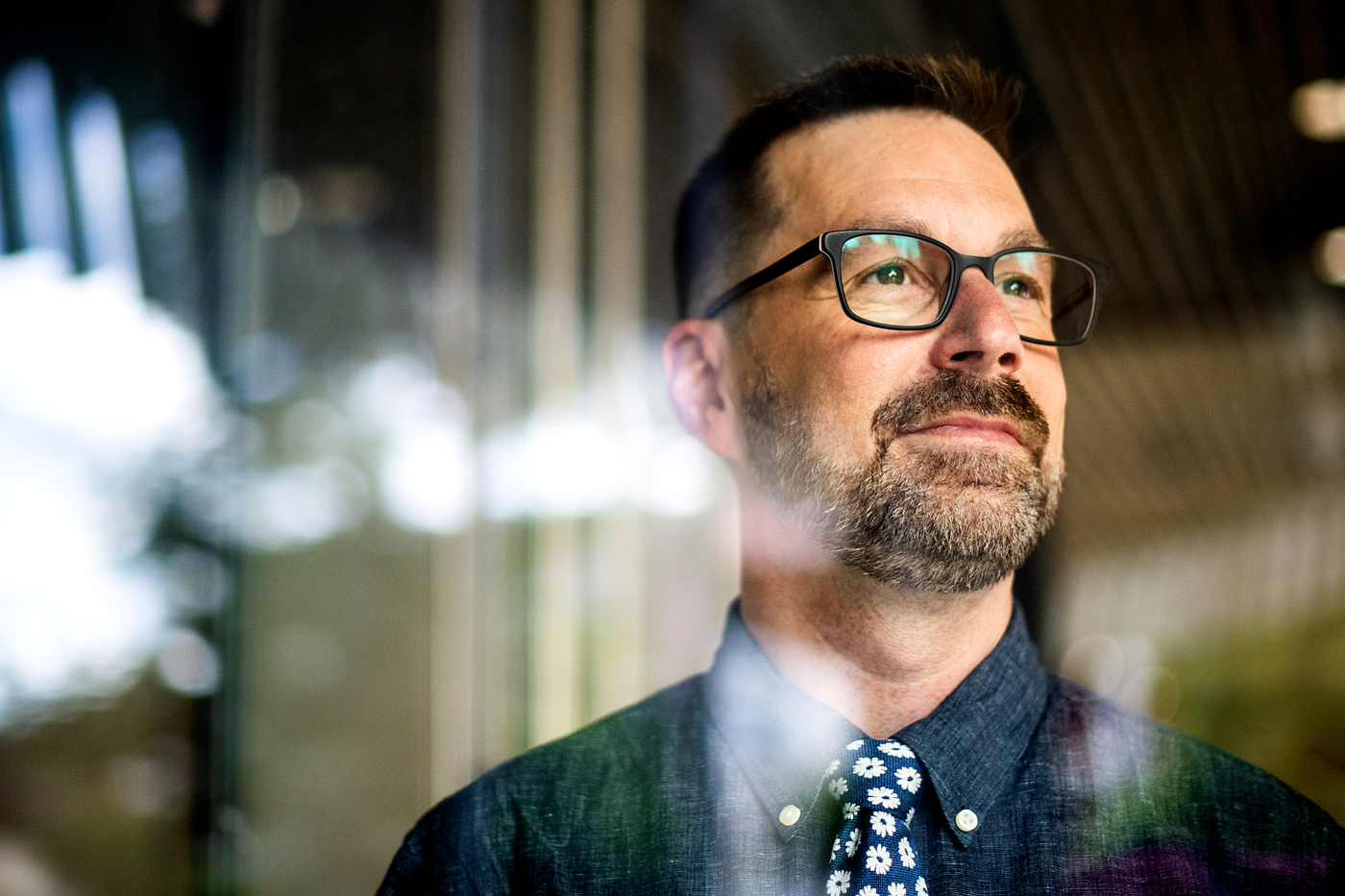With COVID-19 infections surging, can doctors refuse treatment to unvaccinated patients?

As more and more health care systems across parts of the U.S. push up against一or beyond一their capacity amid widely circulating COVID-19 infections, questions about how hospitals can continue to care for patients have taken dire form.
Hospitals are now filled to the brim with unvaccinated patients. Concerns over how best to ration care for scores of sick have prompted conversations about how to prioritize available beds and resources, should things get even worse, and how to continue persuading the pool of unvaccinated to get jabbed amid a widening emotional toll on hospital workers.
And as more health care workers share their testimony from the bedsides of the sick, growing frustration over the sheer number of unvaccinated patients taking up beds has some wondering: Can doctors refuse to treat, or decline to see, patients who are unvaccinated?
In the case of COVID-19 patients in need of critical care, not only would refusing to administer treatment be highly unethical, it would violate a physician’s duty of care, which can carry legal implications, say several Northeastern experts.

Robert Baginski, associate clinical professor and director of interdisciplinary affairs for the Department of Medical Sciences at Northeastern. Photo by Matthew Modoono/Northeastern University
“As an emergency department doctor, you treat who is in front of you,” says Robert Baginski, associate clinical professor and director of interdisciplinary affairs for the Department of Medical Sciences at Northeastern. “To do so is a legal obligation, and their vaccination status doesn’t change that.”
According to federal law, under the Emergency Medical Treatment and Labor Act, any patient who is hospitalized needing emergency care must be treated regardless of the circumstances, including that person’s insurance status or ability to pay. Providers can be fined and even prosecuted for violations of the statute.
But when it comes to non-emergency situations, doctors are legally able to refuse patients for a variety of reasons, provided they are not doing so because of some aspect of the patient’s race, gender/sexuality, or religion, says Timothy Hoff, professor of management, healthcare systems, and health policy at Northeastern.
So, in theory, doctors can dismiss patients who do not need urgent care because of vaccination status. But it still raises some ethical questions, Hoff says. For example, a physician who wants to mitigate the spread of COVID may view taking on unvaccinated patients as a risk to their safety or the safety of their staff.

Timothy Hoff, professor of management, healthcare systems, and health policy at Northeastern. Photo by Ruby Wallau/Northeastern University
“Health care professionals face threats and risks every day in the line of their work,” Hoff says. “To the extent that some of them may see this as adding to that risk, you have to kind of see it through that lens.”
However, a doctor would have to explain the reasons for refusing treatment and offer to connect the patient with an alternative provider, especially if care was ongoing, according to Baginski. Otherwise, it could be a breach of the duty of care doctrine.
Alternatively, if the reason a physician refused to treat a patient who is unvaccinated was simply to incentivize them to get the jab, then that would seem “ethically problematic” because it can “erode trust in the profession,” says Patricia Illingworth, a philosophy professor and an ethics expert at Northeastern.
“Trust is critical for successful doctor-patient relationships,” Illingworth says. “Patients won’t go to the doctor if they don’t trust the doctor, and if they do go, they may not tell the truth—both of which can cause great harm.”
But some health care professionals have taken a harder stance on vaccination in an effort to influence patients to get innoculated amid rising case numbers and hospitalizations. Last week, an Alabama doctor took to social media and declared he would no longer be seeing unvaccinated patients, stating that “COVID is a miserable way to die and I can’t watch them die like that.”

Patricia Illingworth, a philosophy professor and an ethics expert at Northeastern. Courtesy photo
Illingworth says there are “good reasons” to think that those who refuse to get vaccinated are, themselves, acting unethically. Some have argued that physicians have “duties of stewardship” to protect public health and the broader community, and as such may be justified in deciding not to treat unvaccinated patients, she says.
“I believe people have a moral responsibility to be vaccinated barring good medical reasons that suggest otherwise,” Illingworth says. “Patients who don’t vaccinate but rely on the protection that comes from being in communities of vaccinated people (herd immunity) are free riding, and risking harm to others.”
Vaccination status should not factor into who gets treatment and who doesn’t, unless it’s to determine a patient’s condition, Baginski says. He says it’s vital that health authorities continue to urge that everyone get vaccinated, but not at the expense of care.
“Health care professionals are frustrated and tired,” Baginski says. “It’s not that we want to deny patients care. We’re tired, we’re at risk, we’re doing absolutely everything that we can.”
For media inquiries, please contact media@northeastern.edu.






